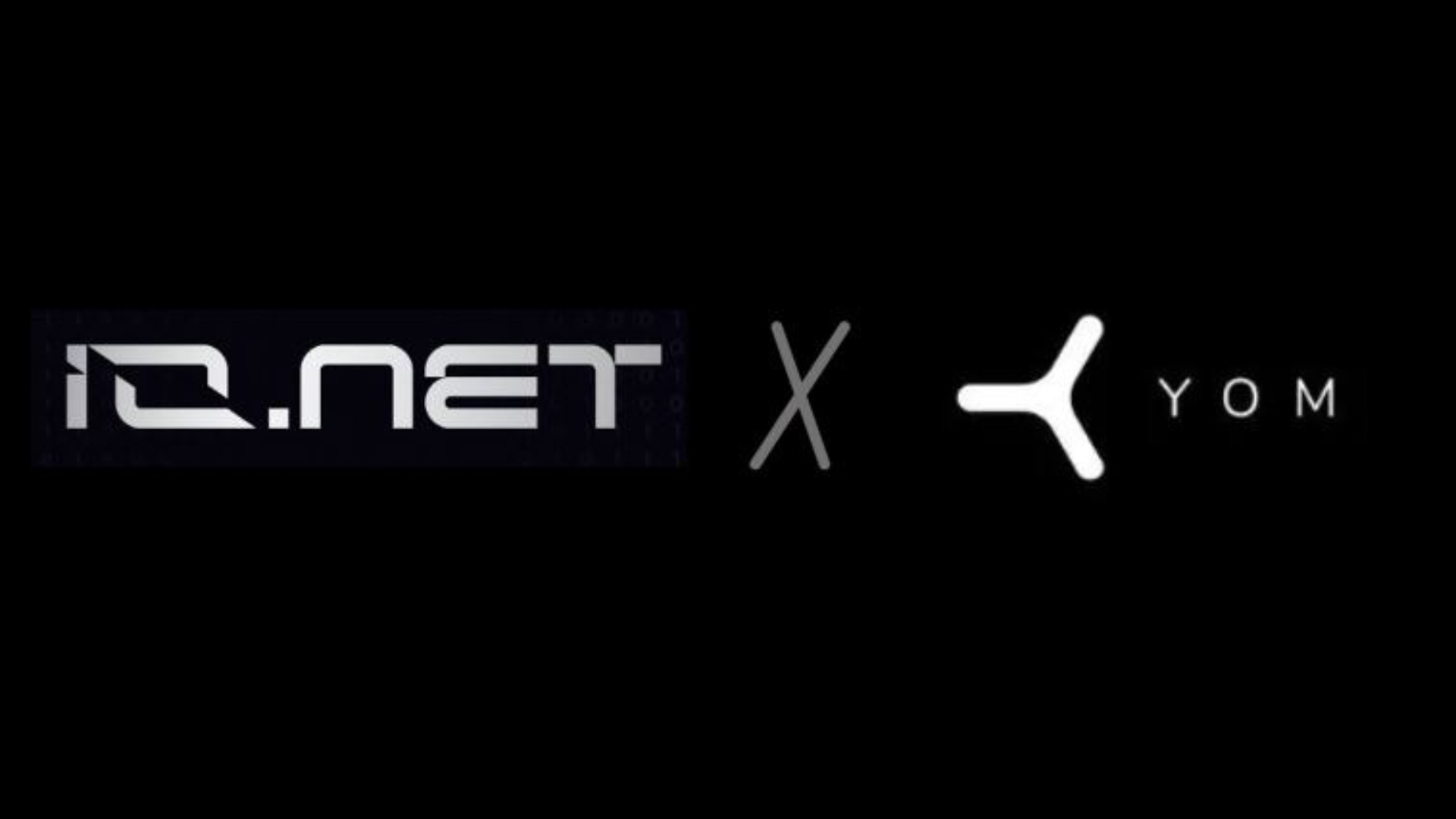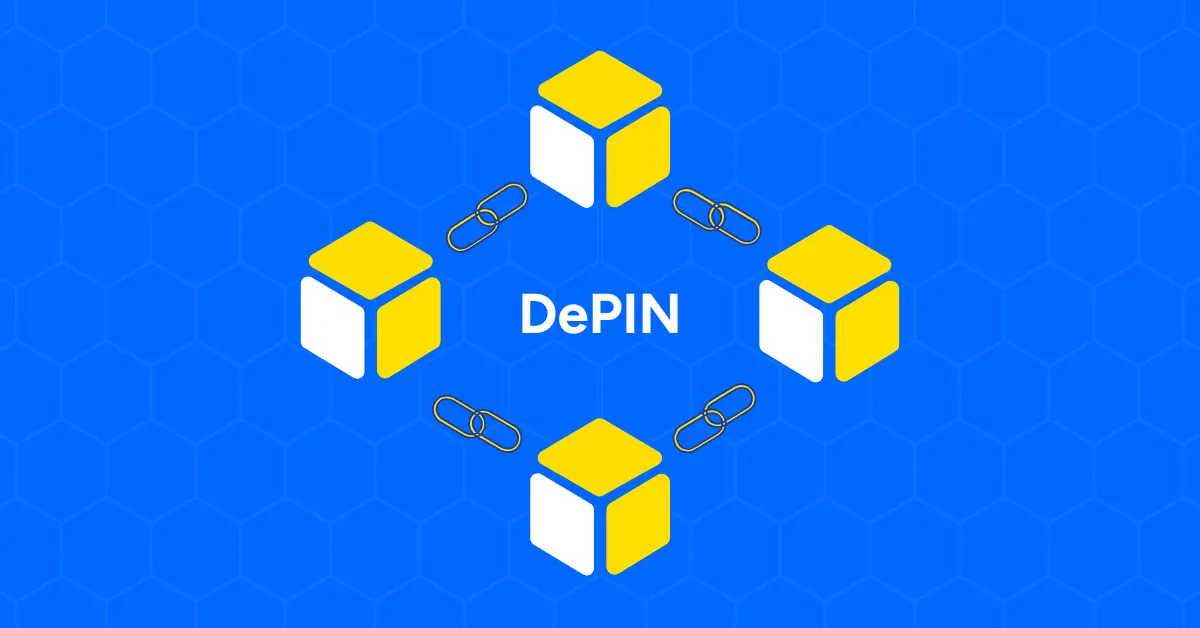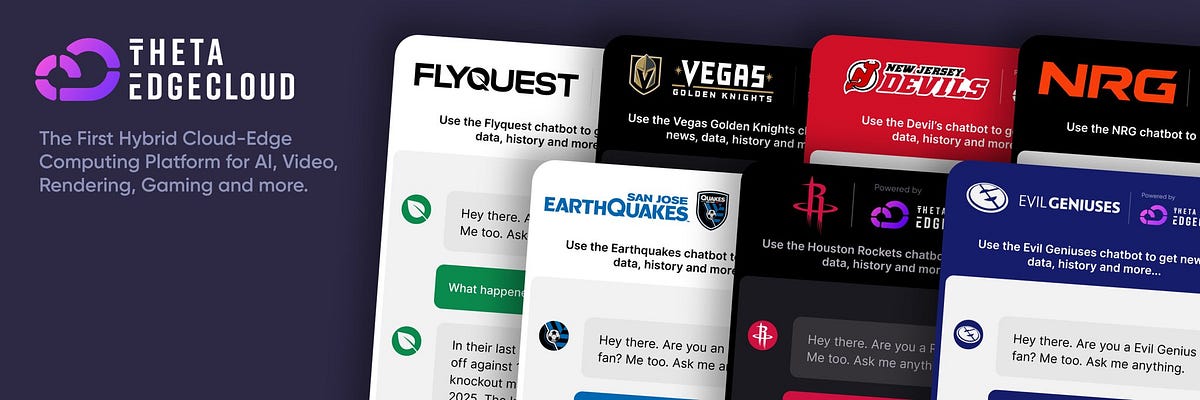YOM Partners with io.net to Revolutionize Cloud Gaming Experience

YOM, a decentralized cloud gaming network, has announced a strategic partnership with io.net, a leading decentralized GPU infrastructure provider. This collaboration aims to enhance YOM’s pixel streaming capabilities by utilizing io.net’s extensive network of globally distributed GPUs. The partnership is set to widen the accessibility of high-quality gaming experiences, enabling seamless and low-latency delivery of AAA gaming content to players worldwide, while also significantly reducing costs compared to traditional centralized server solutions.
The partnership will allow YOM to leverage io.net’s infrastructure to support regions lacking individual nodes and manage overflow during peak traffic. This means that players, regardless of their physical location or network demands, can expect consistent and low-latency gaming experiences. Andrew Pringle, CEO of YOM, emphasized the importance of quickly matching GPU demand across various regions to ensure optimal user experience, stating that their vision of providing accessible AAA gaming experiences at near-zero prices is becoming clearer.
YOM’s platform boasts a robust feature set, including voice chat, multiplayer capabilities, and cross-device controls, all while eliminating the need for dedicated gaming consoles. By leveraging a distributed network of gaming machines, YOM aims to deliver low-latency, cost-effective cloud gaming to any device and channel. io.net, with its decentralized physical infrastructure network, democratizes access to GPU compute capacity, making it an ideal partner for YOM’s ambitious goals in the rapidly growing gaming market.
Related News





